Eyelid surgery, also known as blepharoplasty, has become increasingly popular for those seeking to enhance their appearance or restore eyelid function. As with any cosmetic procedure, safety is a paramount concern for prospective patients. When considering eyelid surgery, one of the most important factors is ensuring that the procedure is performed by a qualified and experienced specialist. The Best Plastic Surgeon in Abu Dhabi possesses the skills, knowledge, and expertise necessary to perform eyelid surgery safely, effectively, and with minimal risks. Their comprehensive understanding of facial anatomy and meticulous surgical techniques help ensure that patients achieve natural-looking results while maintaining overall eye health and function.
Understanding Eyelid Surgery and Its Purpose
What Is Eyelid Surgery?
Eyelid surgery involves the removal or repositioning of excess skin, fat, and muscle from the eyelids to improve their appearance or function. It may be performed for cosmetic reasons—such as reducing sagging eyelids or under-eye bags—or for functional purposes, like improving vision obstructed by drooping eyelids. The procedure can be customized to meet individual aesthetic goals and health needs, making it a versatile option for many patients.
Common Reasons Patients Seek Eyelid Surgery
Patients often pursue eyelid surgery to achieve a more youthful or alert appearance. Excess skin and fat around the eyes can contribute to a tired or aged look, even if the person feels energetic. Aside from cosmetic concerns, some individuals experience functional impairments, like obstructed vision caused by drooping eyelids, which can correct through surgical intervention. A skilled surgeon carefully evaluates each patient’s unique anatomy and goals to determine the most appropriate approach.
The Role of a Plastic Surgeon in Eyelid Surgery
Qualifications and Expertise
A plastic surgeon specializing in eyelid procedures must undergo extensive training beyond general surgical education. Their expertise encompasses facial anatomy, surgical techniques, and post-operative care, ensuring they can perform eyelid surgery safely and effectively. The Best Plastic Surgeon often holds specialized certifications and has a proven track record of successful procedures, which reassures patients of their competence and commitment to safety.
Ensuring Safety Through Comprehensive Planning
Safety begins with thorough preoperative assessments where the surgeon evaluates the patient’s overall health, eyelid structure, and aesthetic goals. This detailed planning helps identify potential challenges and tailor the surgical approach accordingly. An experienced plastic surgeon also discusses realistic outcomes and sets appropriate expectations, fostering a transparent patient-surgeon relationship vital for safe and satisfying results.
The Eyelid Surgery Procedure: What to Expect
Preoperative Preparation
Prior to surgery, patients undergo detailed consultations where their medical history is reviewed, and photographic documentation is taken to plan the procedure. The surgeon explains the steps involved, answers questions, and provides preoperative instructions—such as avoiding certain medications—that help optimize safety and healing.
Surgical Technique and Anesthesia
Eyelid surgery typically involves making precise incisions along natural eyelid creases to minimize visible scarring. The surgeon then removes excess skin, fat, or muscle as needed, carefully shaping the eyelids to achieve natural proportions. Local anesthesia combined with sedation or general anesthesia may be used, depending on the complexity of the procedure and patient preference, all administered by trained medical professionals to ensure safety.
Postoperative Care and Recovery
Post-surgery, patients receive detailed instructions for managing swelling, bruising, and discomfort. Follow-up appointments allow the surgeon to monitor healing and address any concerns promptly. Proper care is crucial in avoiding complications and ensuring optimal results, emphasizing the importance of choosing a qualified surgeon who provides comprehensive postoperative guidance.
Why Choosing the Right Surgeon Matters for Safety
The Significance of Experience and Certification
Selecting a surgeon with proven experience in eyelid procedures significantly reduces the risk of complications. Board certification and membership in professional societies demonstrate a surgeon’s commitment to maintaining high standards of safety and continuing education. The Best Plastic Surgeon exemplifies these qualities, prioritizing patient safety throughout the surgical journey.
The Importance of a Personalized Approach
Every patient’s anatomy and goals are unique. A skilled surgeon offers personalized consultations, tailoring the surgical plan to individual needs. This customized approach ensures that the procedure aligns with the patient’s expectations while adhering to safety protocols, leading to more natural results and minimized risk.
Ensuring Safety During and After Surgery
Intraoperative Safety Measures
During eyelid surgery, sterile techniques, precise surgical methods, and vigilant monitoring help prevent infections and intraoperative complications. The surgeon’s expertise ensures that the delicate structures around the eyes are handled with care, minimizing trauma and promoting safe healing.
Postoperative Monitoring and Follow-up
Post-surgical care involves monitoring for signs of abnormal healing or complications. The surgeon provides clear instructions on wound care, activity restrictions, and signs of potential issues. Regular follow-up appointments are essential for ensuring proper recovery and addressing any concerns promptly, reinforcing safety and satisfaction.
Common Questions About Eyelid Surgery Safety
Does a Plastic Surgeon Provide Eyelid Surgery Safely?
Yes, when performed by a qualified and experienced plastic surgeon, eyelid surgery can be very safe. The surgeon’s expertise, thorough preoperative planning, and adherence to safety protocols are critical factors in minimizing risks and achieving desirable outcomes.
What Qualifications Should a Surgeon Have?
A reputable eyelid surgeon should have specialized training in facial plastic surgery, board certification, and extensive experience in eyelid procedures. These credentials demonstrate a commitment to maintaining high safety standards and staying updated with the latest surgical techniques.
How Important Is Preoperative Evaluation?
Preoperative evaluation is vital to identify any health conditions or anatomical factors that could influence safety or results. A thorough assessment helps tailor the surgical approach, reduces the risk of complications, and ensures that the patient is an appropriate candidate for eyelid surgery.
Can Safety be Ensured Post-Surgery?
Absolutely. Proper postoperative care, including follow-up visits and adherence to surgeon instructions, plays a crucial role in safety. Monitoring healing progress allows early detection of any issues, ensuring a smooth recovery and long-term satisfaction.
In conclusion, eyelid surgery performed by a skilled plastic surgeon prioritizes safety at every stage—from consultation and planning to surgery and recovery. Choosing a highly qualified specialist, such as the Best Plastic Surgeon Abu Dhabi, ensures that patients receive expert care, minimizing risks and maximizing aesthetic and functional outcomes.



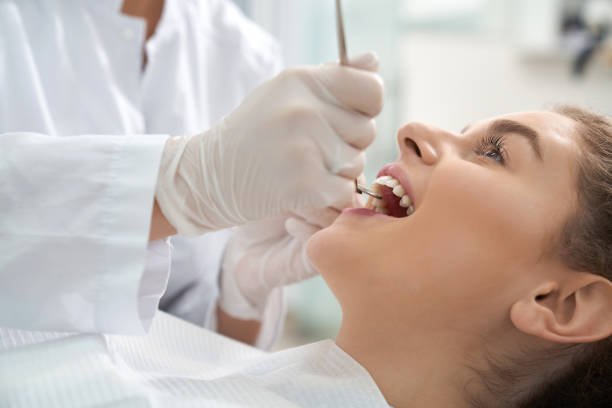
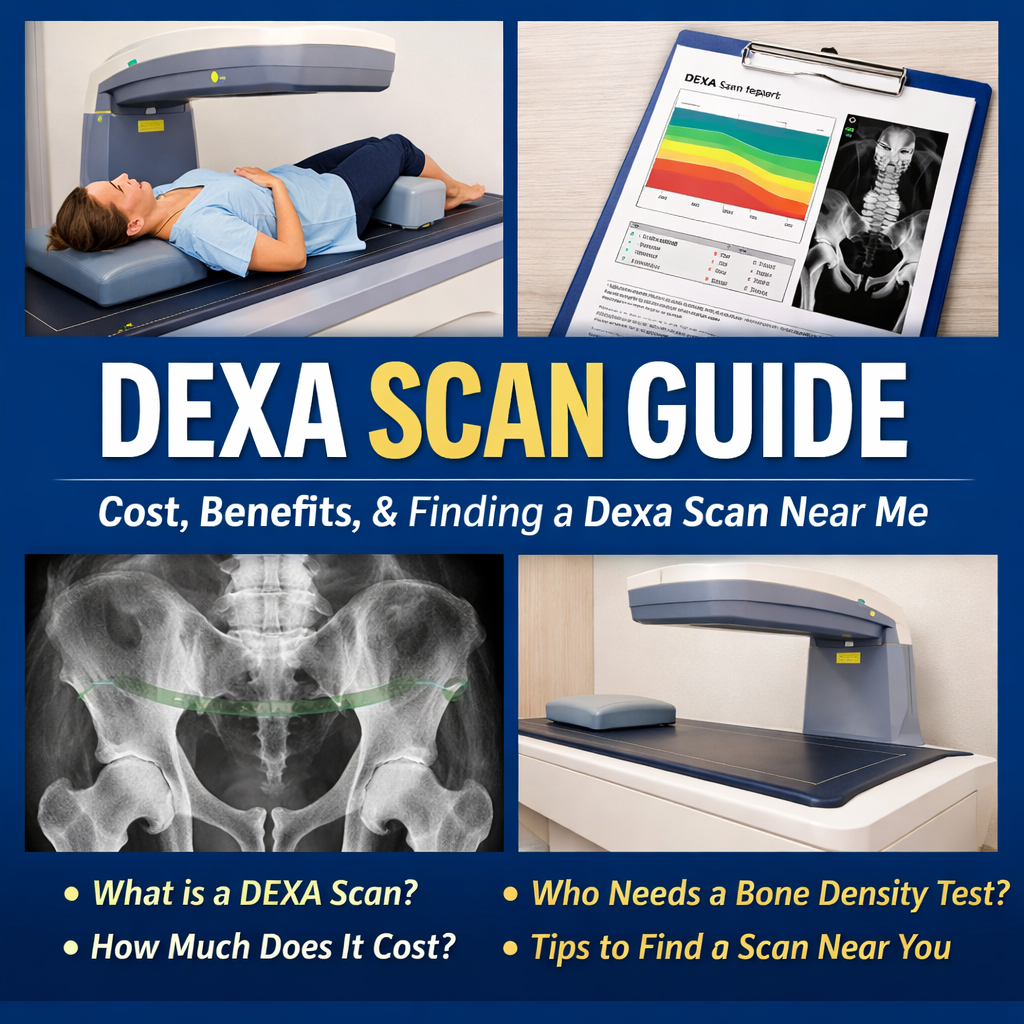
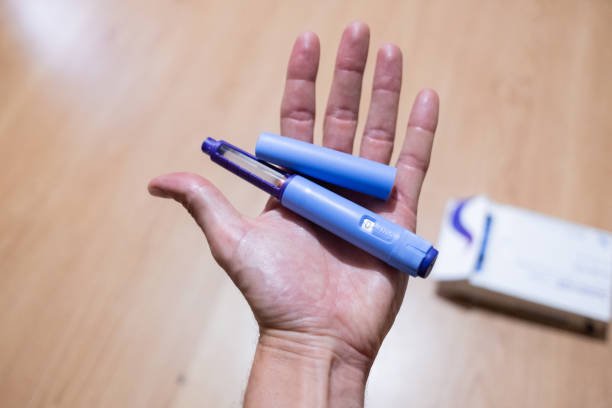
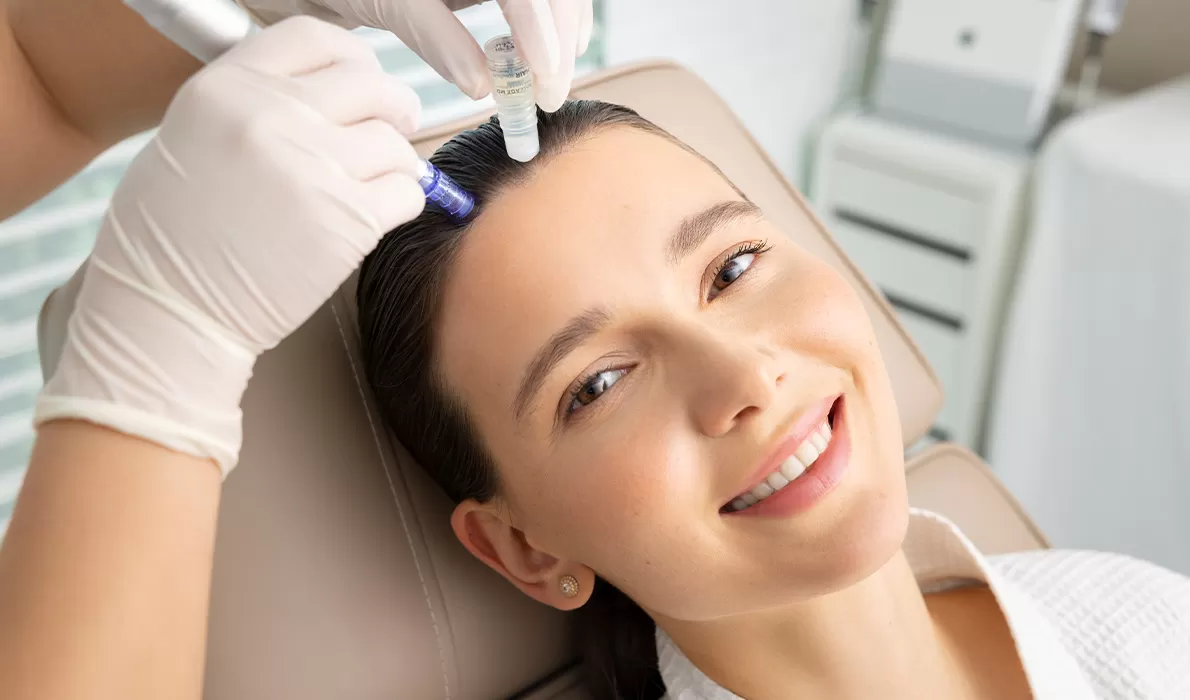


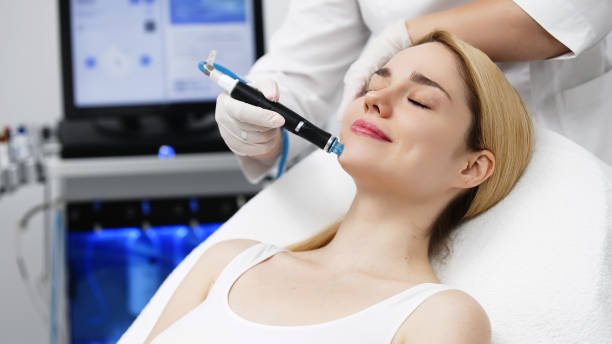
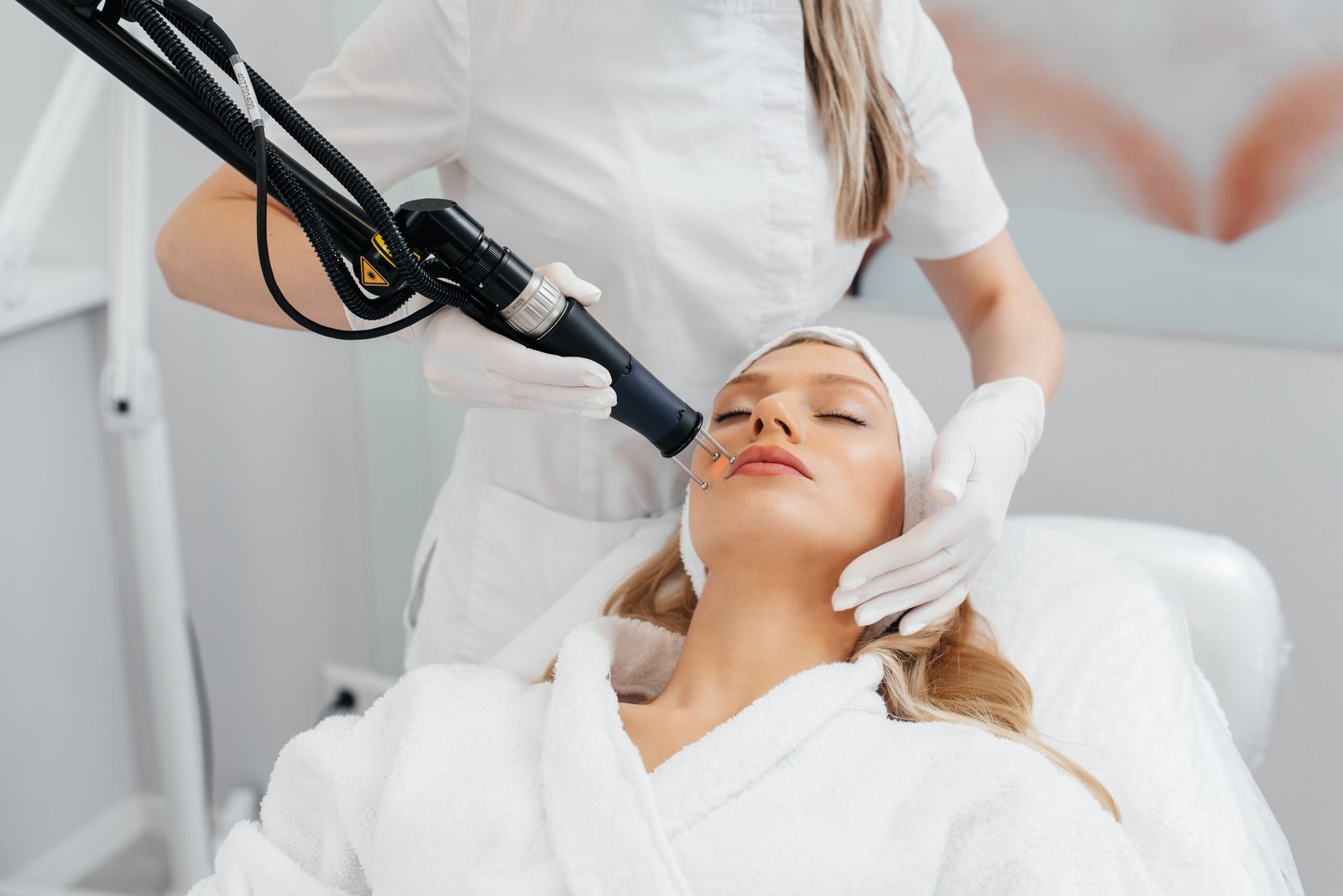





Leave a Reply